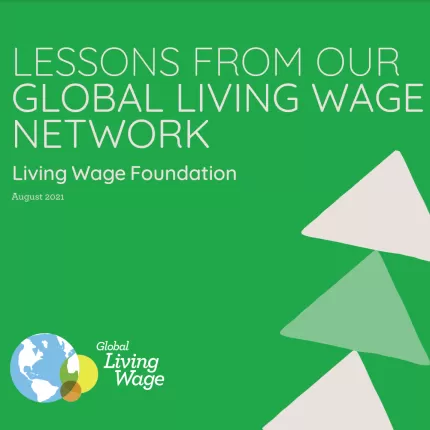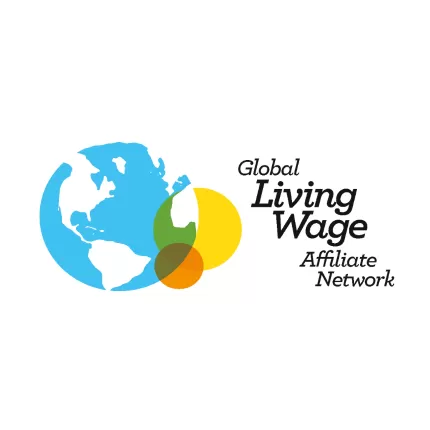Implementing a Living Wage in the Philippines: A worker-led approach
The topic of Living Wages has consistently been a focal point in both international and national discussions, especially in relation to attaining the Sustainable Development Goals (SDG). It is becoming increasingly recognised that while businesses have a right to focus on making profits, sustainable profitability is just as important. Achieving the SDG goals and their associated targets requires a multi-stakeholder focus – concerted and sustained action from global organisations, governments, civil society, and the private sector.
For the last decade, there has been a declining trend of union membership in the Philippines. Out of the 5.29 million employees in the private sector, only 6% are union members, and only 6.3% are covered by Collective Bargaining Agreements (CBA). Since the 1950s, the National Federation of Labor (NFL) has been at the forefront of this struggle by organizing local unions in the country and advocating for fair and decent wages. As part of their advocacy, in 2023, NLF decided to partner with the Catholic Church of the Philippines and the Living Wage Foundation to start a voluntary Living Wage campaign in the country through Living Wage Philippines. For NFL, the advocacy around Living Wage has a clear potential for supporting collective bargaining on liveable wages:
Historically, our efforts have been national in scope, primarily focused on legislative lobbying. The Living Wage Campaign represents an innovative and crucial step forward in our mission to secure liveable wages. By adopting a multi-stakeholder approach, this campaign ensures that all sectors—not just the labour movement—work together to achieve Living Wages for all. - Atty. General Du, President, National Federation of Labour
For Living Wage Philippines, introducing a voluntary Living Wage campaign in the Philippines aligns with the achievement of the SDGs and the implementation of the social justice provision on Living Wages in the Philippine Constitution. To do this, Living Wage Philippines identified the need to:
- Engage key stakeholders (i.e., government, private sector, Church, unions) to see themselves as partners in the Living Wage campaign; and
- Internally organise unions in the Philippines to agree on the campaign for a Living Wage for all employees in the country.
These components need to be institutionalised into a multi-sectoral process where all the stakeholders can discuss and agree on how to implement a voluntary Living Wage campaign. Crucial in this initiative is the engagement of different stakeholders to ensure that a diverse range of perspectives, interests, and concerns are considered as they start to build the momentum for the advocacy - starting with a roundtable discussion.
This initiative is part of the Global Living Wage Network and is one of the few times that a worker-led Living wage movement has been established by a union. This is timely considering the recent pivotal development in Living Wages in the International Labour Organisation (ILO). The ILO highlighted the need for social dialogue in determining Living Wages and national ownership to account for local context and socio-economic and cultural realities. It is thus up to national movements like Living Wage Philippines, to determine what that means in their local context for the definition of a Living Wage, what forms the calculation and the governance to establish and grow their Living Wage movements.
Global organisations also play an instrumental role in advancing the Living Wage movement. Their efforts help to establish global norms that can support different national Living Wage initiatives, bridge the gap from global principles to local ownership through networks, reach wider audiences to influence organisations to pay a Living Wage and help empower local networks through alignment and pooling of resources.
For Living Wage Philippines, it understood the importance of building relationships with individual organisations throughout the planning process leading to the roundtable discussion. From this, five (5) key principles emerged as key lessons for the Philippines in starting their Worker-Led Living Wage Movement:
- It is important to listen to different voices in the room to broaden a movement’s perspective.
- Creating strategic partnerships helps add credibility to the movement and broaden the stakeholder support.
- Understanding the nuances of the issue by having pre-meetings with key stakeholders before a big event like a roundtable discussion is crucial.
- Always be mindful of clearly communicating the long journey ahead to manage expectations.
- Identify champions to engage for the next phases of the movement.
To continue the momentum, Living Wage Philippines identified their next strategies to advance the Living Wage agenda in the Philippines, which will involve building their organisation, continuing with the advocacy, and setting-up the research to continue the interest in developing a Living Wage calculation.



